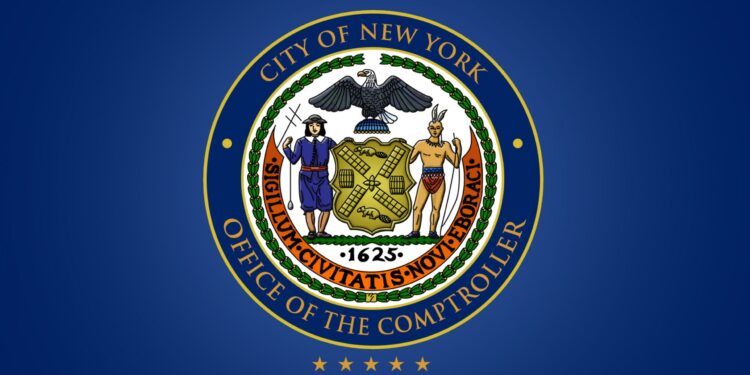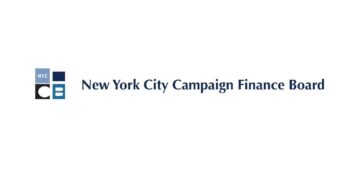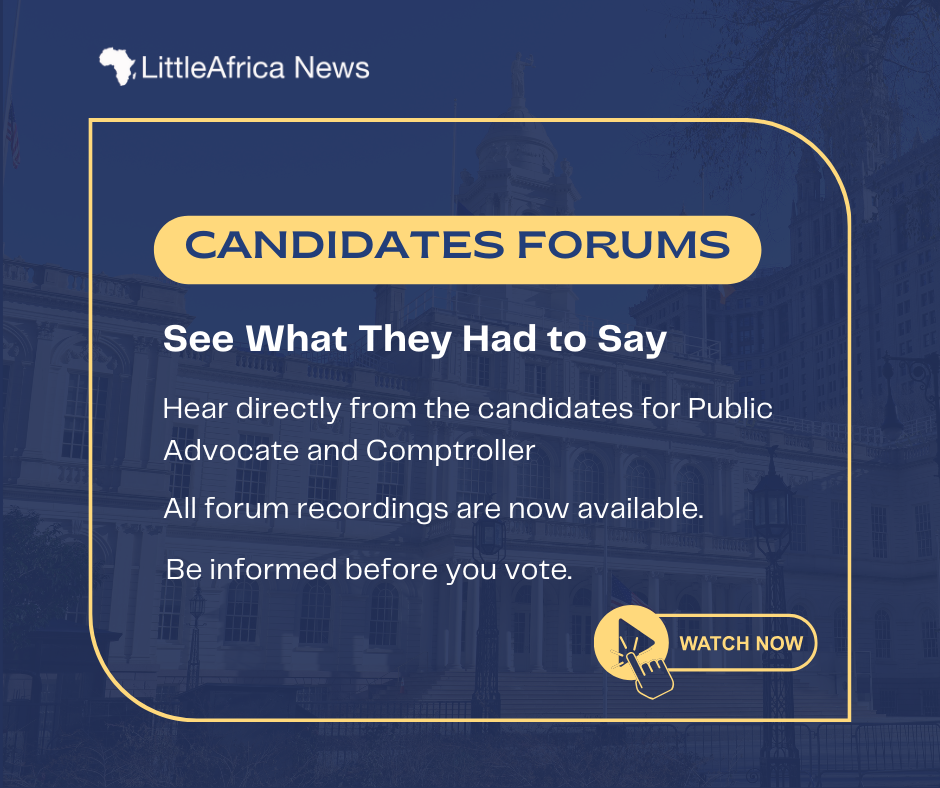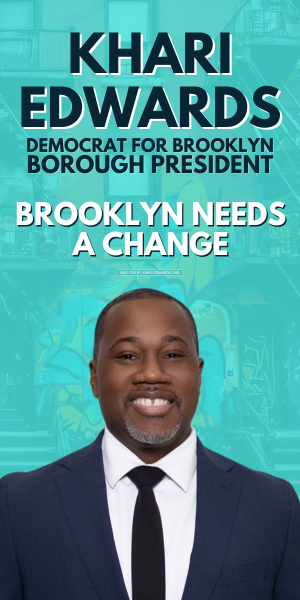On Monday, April 21st, an audit report made public by New York City Comptroller Brad Lander, uncovered serious racial inequities in how building codes are enforced in response to 311 complaints. The study revealed that homeowners who are Black and Hispanic in low-income neighborhoods faced penalties for violations much more often, especially in Brooklyn and Queens. The Department of Buildings (DOB) was criticized for relying too heavily on anonymous complaints without measures to prevent biased enforcement.
In the top ten districts with the largest fines, areas primarily occupied by Black and Hispanic residents saw penalties of over $20,000 more frequently. Queens’ District 12 had the highest count of properties receiving such fines. Comptroller Lander expressed that the DOB’s enforcement strategy, mainly based on unverified complaints, led to unfair results. The audit suggested changes to the complaint process, such as improved oversight of the NYC311 official complaint system, to reduce abuse and promote fairness in how enforcement is applied across different communities.
The report pointed out that slow review times at the DOB added to the build-up of fines, as approval durations for modifications to buildings went over five months in 2024. The Comptroller’s Office recommended stopping “Failure to Comply” notices while homeowners waited for DOB approvals. However, the DOB dismissed this suggestion, claiming it had no influence over the delays in reviews. The audit stressed the necessity of clear timelines for compliance to avoid unwarranted penalties.
Initiatives designed to assist small homeowners, like the Homeowner Relief Program (HRP), proved to be only somewhat effective. Although aimed at minimizing violations through educational efforts and opportunities for correction, many complaints reported under HRP remained either unresolved or uninspected. The DOB did not offer any evaluation metrics to measure the program’s effectiveness, leading to concerns about its ability to support vulnerable homeowners. Advocates for housing called for stronger alignment with HUD Fair Housing regulations to prevent discrimination.












